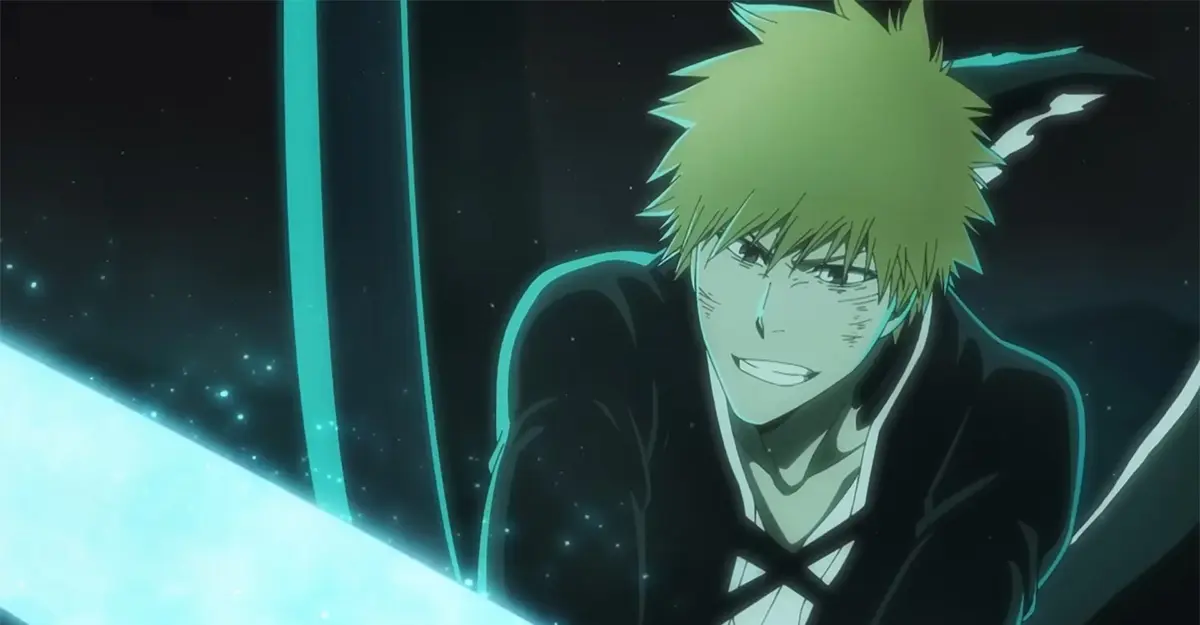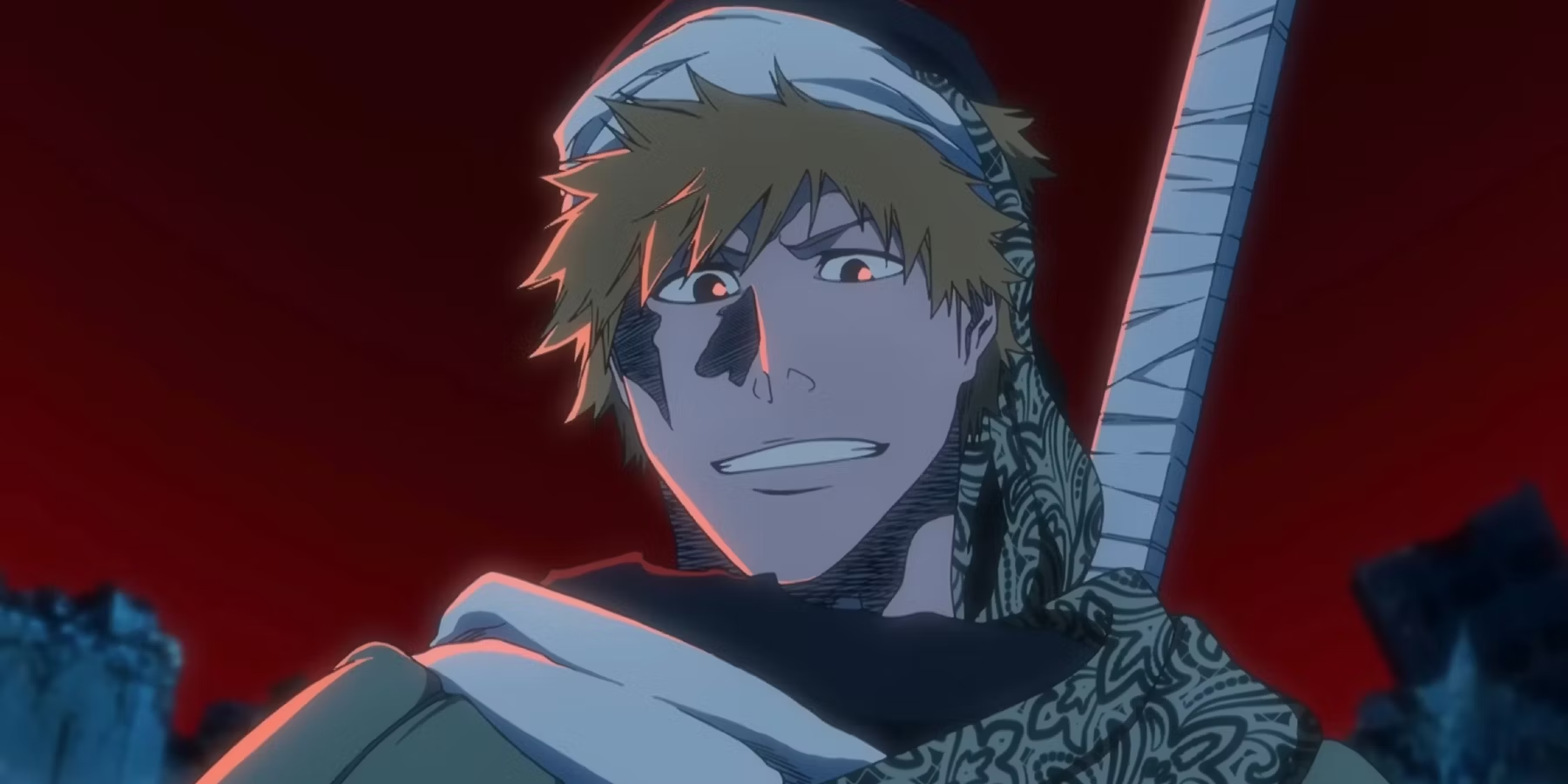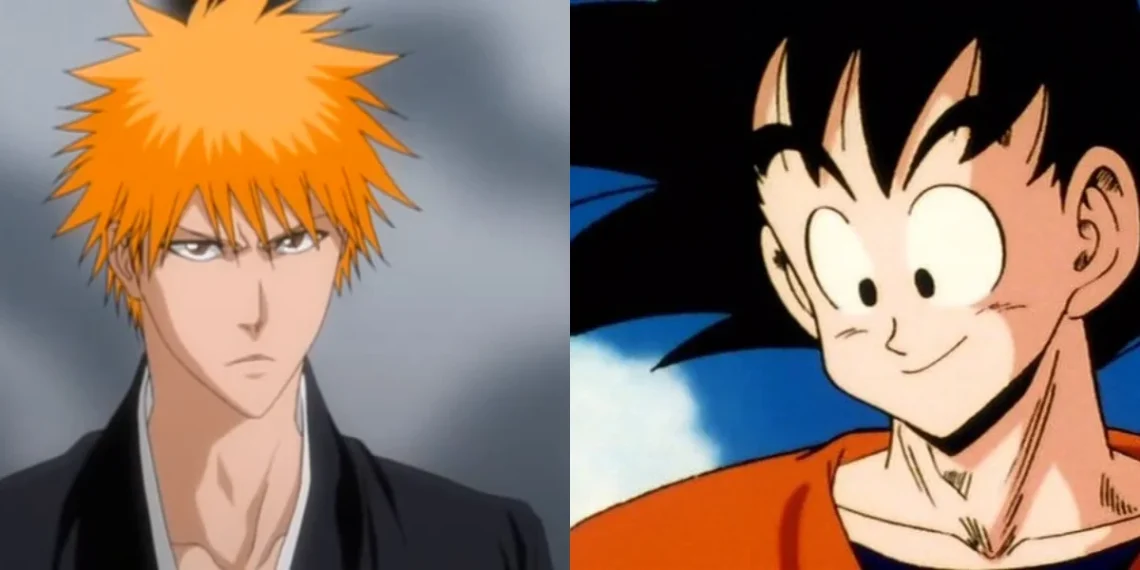Before Tite Kubo achieved fame with Bleach, his journey in the manga industry began with several one-shots that received harsh criticism. These early works, such as Ultra Unholy Hearted Machine and Rune Master Urara, lacked the trademark designs and polished art style that later became synonymous with Kubo’s name.
During this period, Kubo was still a rookie with limited experience, and his work did not resonate well with industry veterans. In fact, he faced severe criticism from a renowned editor, Kazuhiko Torishima, who summoned Kubo to Tokyo for a meeting.
Dragon Ball Editor Wanted Bleach’s Tite Kubo to Abandon His Signature Style, Criticizing Potential Success

Torishima, known for overseeing hit series like Dragon Ball, was disappointed with Kubo’s manga and did not mince words in expressing his dissatisfaction. He bluntly told Kubo that his work was not good and instructed him to study and emulate the styles of successful Shonen works like Dragon Ball and Fist of the North Star if he wanted to succeed in the industry.
Your manga is not good. Go home and read these. Write these kinds of manga
This encounter left Kubo feeling resentful towards Torishima, whom he regarded as harsh and demanding. Despite Torishima’s directive, Kubo chose not to read the provided volumes of Dragon Ball and Fist of the North Star, already being familiar with their popularity.

Despite the setback, Kubo persisted in his pursuit of manga creation. Encouraged by his editor to produce another one-shot after the conclusion of Zombiepowder, Kubo penned the Bleach one-shot, which served as the precursor to his magnum opus.
Bleach, while not following the formula of Dragon Ball or other Shonen hits, defied expectations and became one of the most successful franchises in manga history. Its ongoing anime adaptation, including the recent Bleach: Thousand Year Blood War arc, continues to garb audiences worldwide.
Kubo’s journey from facing criticism and adversity to achieving immense success with Bleach serves as a testament to his perseverance and dedication to his craft. Despite initial setbacks and challenges, Kubo’s talent and creativity ultimately prevailed, cementing his place as a celebrated mangaka in the industry.





